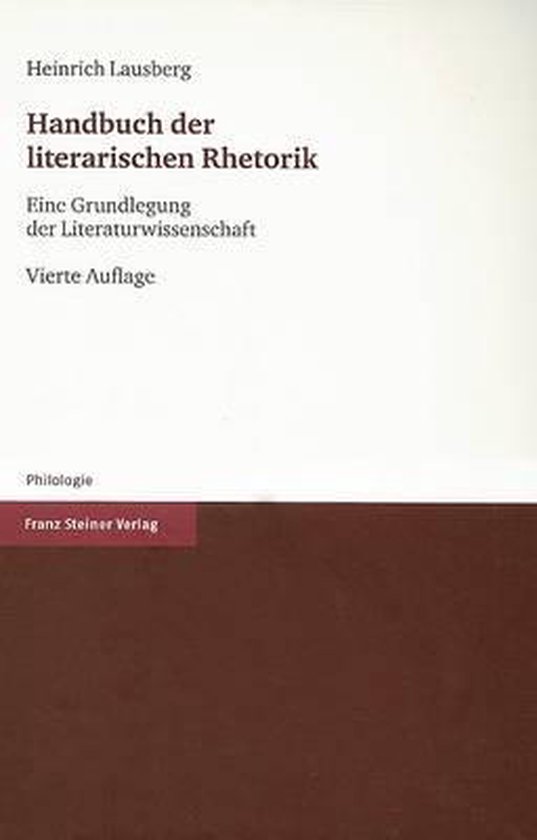


In the short compass of this chapter I will consider the use of affectio in De inventione, with briefer attention to Cicero’s mature rhetoric and the work of Quintilian, and then turn to the rhetorics of Late Antiquity to see how affectio-affectus established themselves in that body of work. die Poetik verwende in der Regel nicht das Enthymem, sondern das exemplum, wobei das Argument aus der Gleichnishaftigkeit (similitudo) stamme. For almost the next 1,000 years, rhetorical attention to this principle usually reflects the constraints that Cicero’s Stoic thought placed on it. Here, Cicero accords affectio some theoretical value as one among various resources for inventing or ‘discovering’ an argument about a person. This work offers a definition of affectio as commutatio animi, a disturbance of the mind (or soul).
RES AFFECTUS MORES RHETORIK SCHILLER OFFLINE
Download for offline reading, highlight, bookmark or take notes while you read Stultifera navis mortalium: In qua fatui affectus, mores, conatus atque studia. Read this book using Google Play Books app on your PC, android, iOS devices. While Latin antiquity produced rhetorical works of much greater scope and depth, mere accidents of history made De inventione the most influential rhetorical text to survive from Late Antiquity through the High Middle Ages. Stultifera navis mortalium: In qua fatui affectus, mores, conatus atque studia, quibus vita haec nostra. Doctrinis Et Admon (Latin Edition) Brant, Sebastian on. In the rhetoric of the postclassical periods up to about 1200, these terms tend to have a value limited by one of the chief rhetorical sources that the Middle Ages took from classical antiquity, Cicero’s youthful De inventione. Stultifera Nauis Mortalium: In Qua Fatui Affectus, Mores Conatus Atque Studia, Quibus Uita Hc Nostra, in Omni Hominum Genere, Scatet, Cunctis.

res e invenciones poticas' no quiere aprobarlo fundamentalmente Gryphius. affectus et mores, absentia praesentia facere, y motus non sunt in nostra potestate. But restricting our survey to the narrowed optique of rhetorical contexts produces a suggestive picture. Idealistische Wirkungs.sthetik und rhetorische Tradition, Tubinga. Of course, any rhetorical use of those terms is inflected by their broader semantic values in Latin antiquity. In classical Latin rhetoric, the related terms affectio and affectus have a wide presence.


 0 kommentar(er)
0 kommentar(er)
